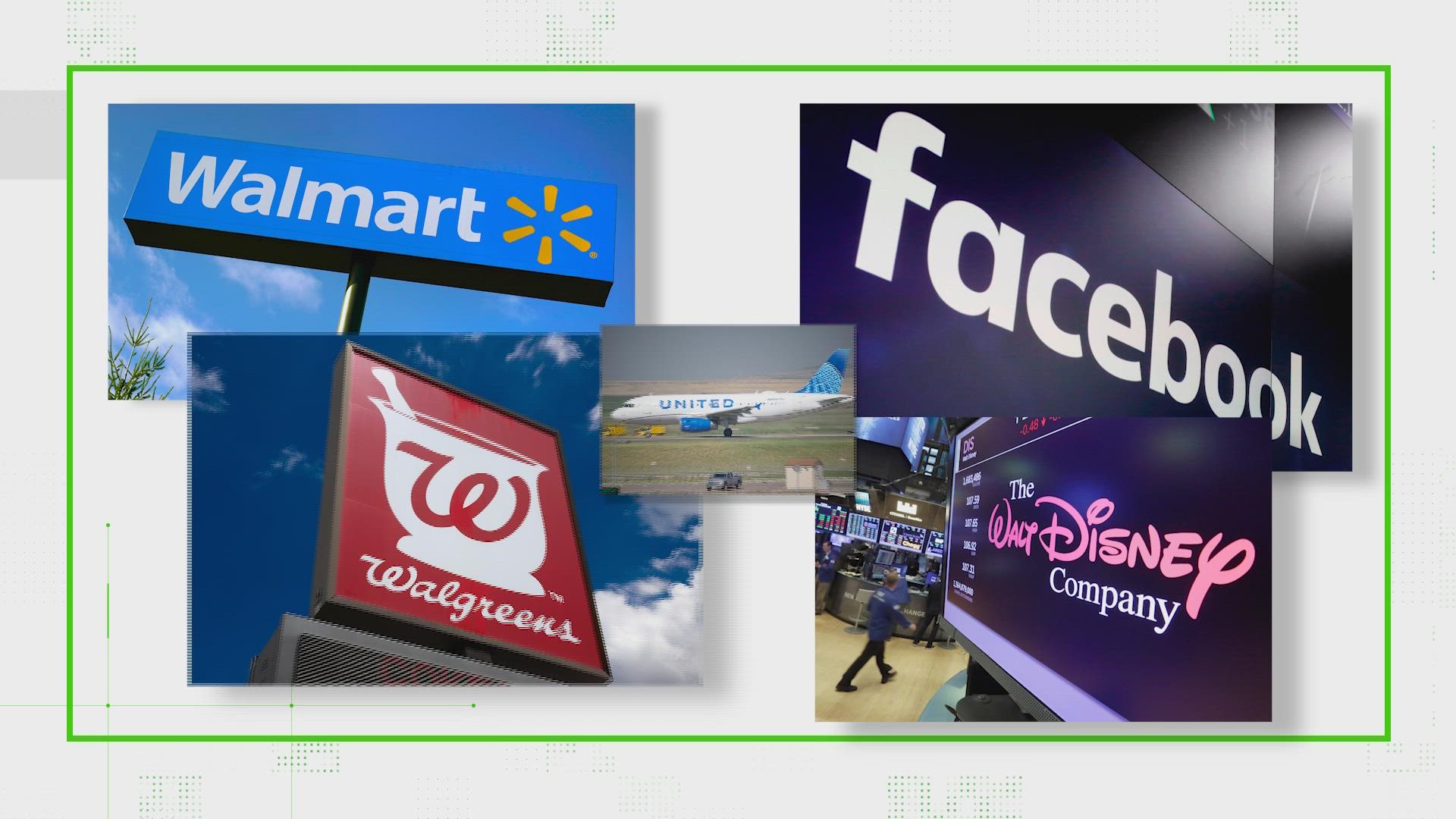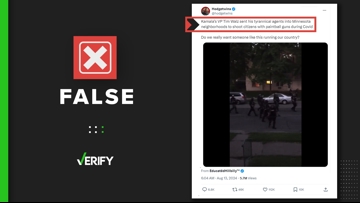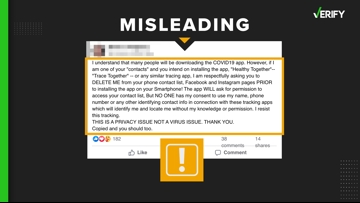On July 29, President Joe Biden announced that all federal employees and on-site contractors would be required to be vaccinated against COVID-19.
“Anyone who does not attest to being fully vaccinated will be required to wear a mask on the job no matter their geographic location, physically distance from all other employees and visitors, comply with a weekly or twice-weekly screening testing requirement, and be subject to restrictions on official travel,” a White House fact sheet said.
New York City became one of the first U.S. cities to require vaccinations for any person hired by any city agency, and require proof of the COVID-19 vaccine for indoor dining, indoor gyms, and indoor concerts and performances across the city.
In response to the increased changes in employer requirements, VERIFY viewer Jen had a question.
THE QUESTION
Jen asked: Is it legal for a company to separate vaccinated and unvaccinated employees in a workspace?
THE SOURCES
- The City of New York Office of the Mayor
- The White House
- Equal Employment Opportunity Commission
- Margaret Foster Riley, professor of law at University of Virginia School of Law
- Charles Johnson, labor and employment lawyer with Robinson Bradshaw
THE ANSWER
Yes, it is legal. Businesses can undertake precautions to protect employees and customers, as long as those precautions aren’t discriminatory in a way that treats employees differently based on disability, race, color, religion, sex (including pregnancy, sexual orientation and gender identity), national origin, age, or genetic information.
WHAT WE FOUND
Charles Johnson, a labor and employment lawyer with Robinson Bradshaw said, in general, it’s legal for an employer to require vaccinated and unvaccinated employees to sit in separate workspaces.
“Because they [an unvaccinated individual] cause a greater risk to the workplace, and the public, they can be restricted in their movements and be required, for example, to wear masks or engage in other prescriptive behaviors that would help to prevent the transmission of COVID-19,” Johnson said.
In May, as the mask mandates were evolving across the U.S., Margaret Foster Riley, a professor of law at the University of Virginia School of Law, told VERIFY businesses can undertake precautions to protect employees and customers, as long as those precautions aren’t discriminatory.
According to the Equal Employment Opportunity Commission, federal equal employment opportunity (EEO) laws do not prevent an employer from requiring all employees physically entering the workplace to be vaccinated for COVID-19.
But, “it would also be unlawful to apply a vaccination requirement to employees in a way that treats employees differently based on disability, race, color, religion, sex (including pregnancy, sexual orientation and gender identity), national origin, age, or genetic information, unless there is a legitimate non-discriminatory reason,” the EEOC said.
“Employers that encourage or require vaccinations, however, must comply with Americans with Disabilities Act (ADA), Title VII of the Civil Rights Act of 1964 and other workspace laws,” according to the EEOC.
“If an employee who cannot be vaccinated poses a direct threat to the workplace, the employer must consider whether a reasonable accommodation can be made, such as allowing the employee to work remotely or take a leave of absence,” the EEOC said.












